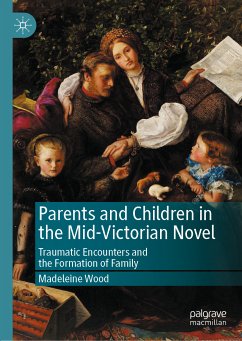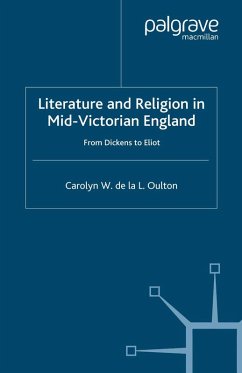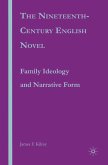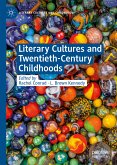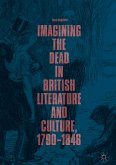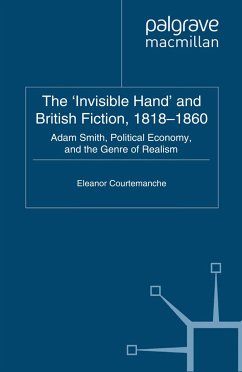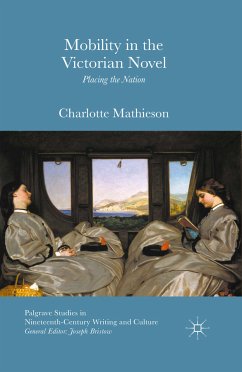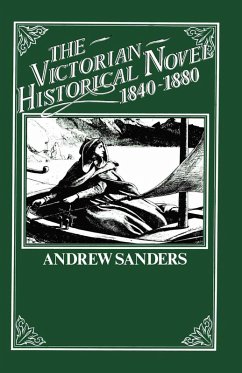- Valerie Sanders, Professor of English, University of Hull, UK
This book produces an original argument about the emergence of 'trauma' in the nineteenth-century through new readings of Dickens, Emily and Charlotte Bronte, Collins, Gaskell and Elliot. Madeleine Wood argues that the mid-Victorian novels present their protagonists in a state of damage, provoked and defined by the conditions of the mid-century family: the cross-generational relationship is presented as formative and traumatising. By presenting family relationships as decisive for our psychological state as well asour social identity, the Victorian authors pushed beyond the contemporary scientific models available to them. Madeleine Wood analyses the literary and historical conditions of the mid-century period that led to this new literary emphasis, and which paved the way for the emergence of psychoanalysis in Vienna at the fin de siècle. Analysing a series of theoretical texts, Madeleine Wood shows that psychoanalysis shares the mid-Victorian concern with the unequal relationship between adult and child, focusing her reading through Freud's early writings and Jean Laplanche's 'general theory of seduction'.
Dieser Download kann aus rechtlichen Gründen nur mit Rechnungsadresse in A, B, BG, CY, CZ, D, DK, EW, E, FIN, F, GR, HR, H, IRL, I, LT, L, LR, M, NL, PL, P, R, S, SLO, SK ausgeliefert werden.

